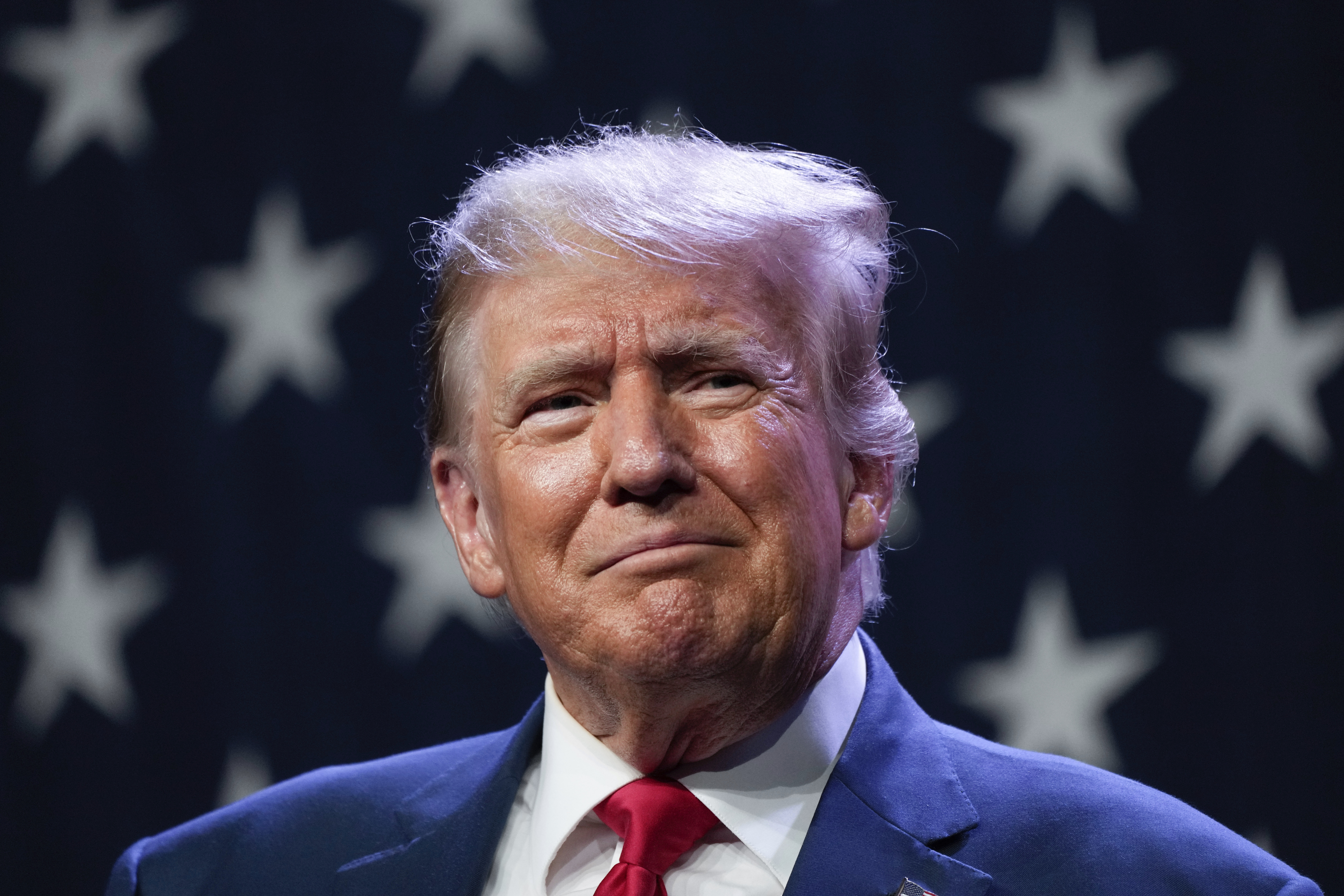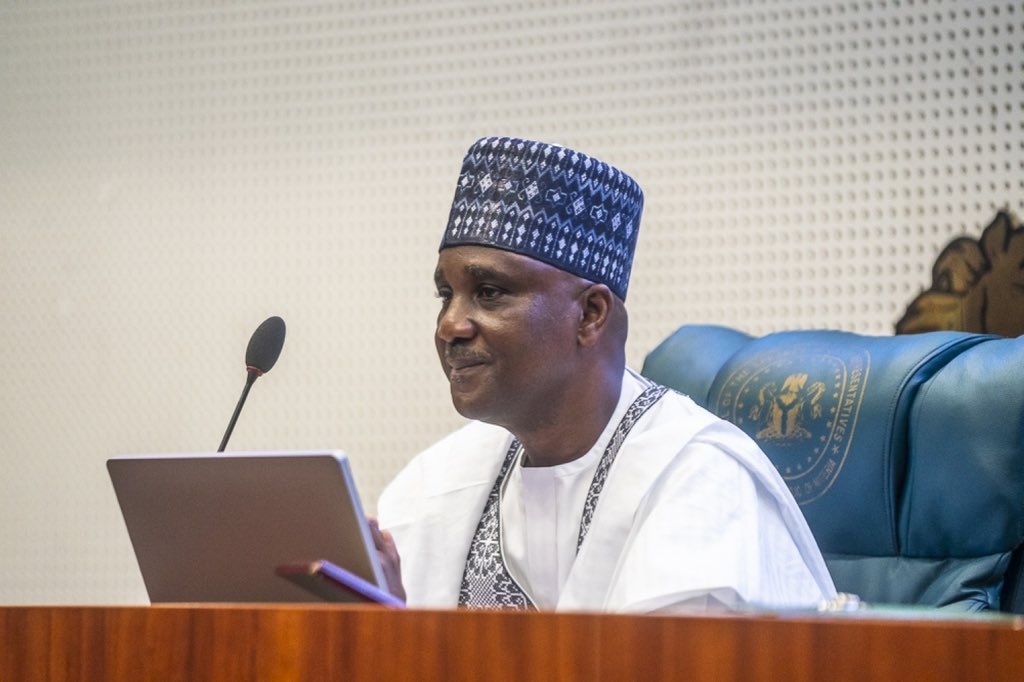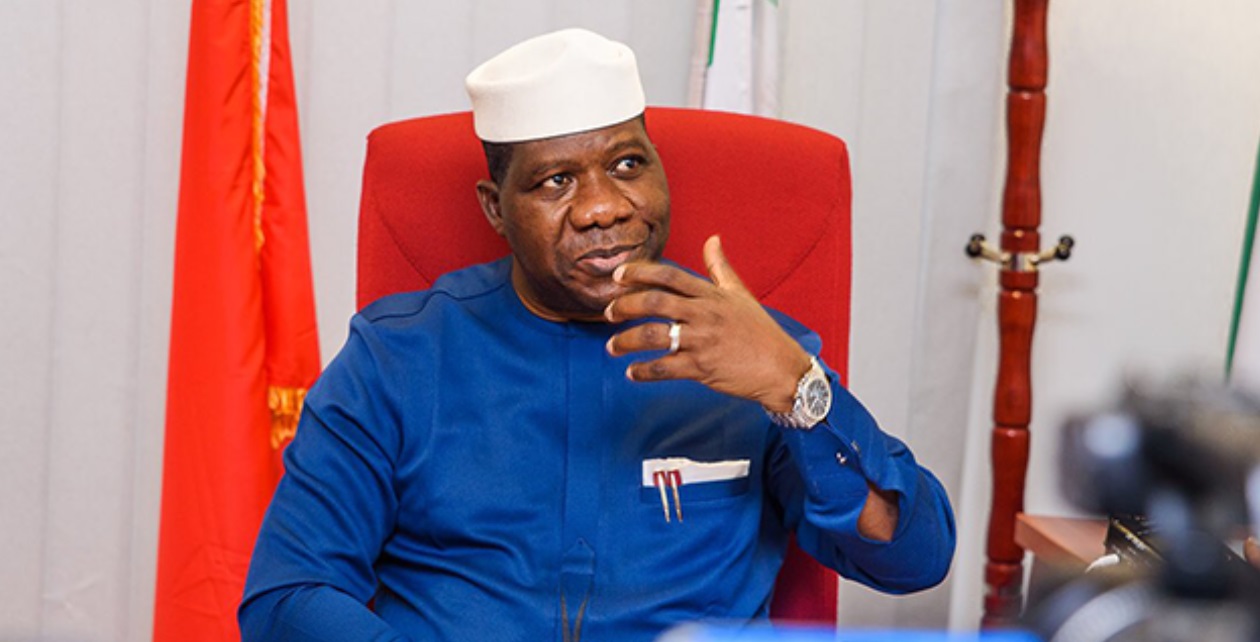Former President Donald Trump’s controversial decision to challenge the 2020 election results is examined in-depth. Explore the reasons behind his actions and the legal consequences he faces.
Donald Trump’s assertion that he single-handedly made the decision to challenge the 2020 election results has sparked widespread controversy. In this extensive article, we delve into the details surrounding his actions, the counsel he received, and the legal ramifications he now confronts.

Trump’s Bold Claim: “It was my decision” Former President Donald Trump, in an exclusive interview with NBC’s “Meet the Press,” asserted that the decision to contest the 2020 election results was entirely his own. Despite receiving counsel from various advisors, Trump maintained that he was the driving force behind the false claim that he had won the presidency and the subsequent efforts to overturn the election outcome.
The Legal Battle Unfolds Trump’s controversial stance has not come without consequences. He currently faces indictment for his attempts to subvert the 2020 election results. Importantly, Trump has pleaded not guilty to all charges and steadfastly denied any wrongdoing.
The Special Counsel’s Perspective Special Counsel Jack Smith’s indictment of the former president centers on the premise that Trump knowingly disseminated false election claims, despite being informed by close aides that he had lost. These actions, as alleged by Smith, were part of an alleged criminal conspiracy aimed at legitimizing Trump’s unfounded assertions.
Trump’s Insistence on Election Rigging During the interview with Kristen Welker, Trump doubled down on his unsubstantiated claims, asserting that the election had been rigged. He emphasized that his primary source of guidance was himself, stating, “You know who I listen to? Myself. I saw what happened.”
Disregard for Legal Counsel Trump admitted to ignoring the advice of some of his attorneys who had informed him of his election loss. He attributed this decision to a lack of respect for certain individuals within his legal team. Trump remarked, “But I did respect others. I respected many others that said the election was rigged.”
Exploring Trump’s Post-Election Actions Following his electoral defeat, Trump explored various avenues to overturn the election results. Notably, he pressured Georgia Secretary of State Brad Raffensperger and another official to “recalculate” the numbers and uncover sufficient votes to secure his victory. Additionally, his campaign made attempts to install fake GOP electors in seven swing states.
The House Select Committee’s Findings The House select committee that investigated Trump’s actions leading up to the January 6, 2021, insurrection concluded that he actively worked to “transmit false Electoral College ballots to Congress and the National Archives.” This was despite concerns expressed by his legal team that such actions could be unlawful. The committee’s final report underscored that Trump played a central role in the events of January 6th, stating that “None of the events of January 6th would have happened without him.”

Legal Consequences Looming Jack Smith’s federal election interference investigation represents one of four criminal cases against Trump. In Smith’s case, Trump faces four charges, including obstruction of an official proceeding and conspiracy to defraud the United States. Additionally, he is indicted in Georgia on charges of leading a “criminal enterprise” to overturn the 2020 election.
Donald Trump’s decision to challenge the 2020 election results continues to reverberate through the political and legal landscapes. This article has provided a comprehensive examination of the events surrounding his assertion, the legal implications he faces, and the ongoing controversies that define this critical chapter in American history.





